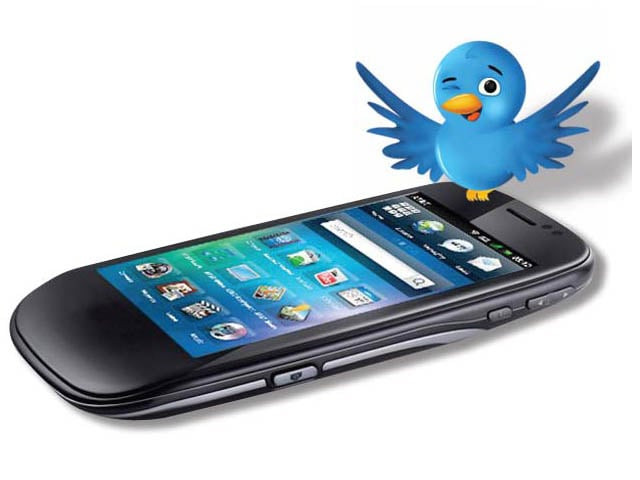Smartphones: Not so popular in Pakistan
Estimates suggest that the smartphone share in Pakistan is 5% of the total mobile phone market.

Smartphones: Not so popular in Pakistan
Despite this worldwide popularity, smartphones in Pakistan haven’t picked up any steam. Currently, there are 105 million SIMs in operation in Pakistan and phone density is 63% (according to PTA, other estimates from different institutes provide a lower figure), but smartphone usage is limited.
Estimates suggest that the smartphone share in Pakistan is 5% of the total mobile phone market. E-Series from Nokia and Blackberries are counted in this.
The low penetration of smartphones in Pakistan is due to high prices. In the UK and other countries, the model adopted by network providers which is popular is contract based. So an iPhone 4 might cost around $199 dollars which translates to Rs17, 000 on contract. But the same iPhone here costs around Rs55,000.
Those networks, like in the UK, offer the phones for lower prices because they can recover their money and make profits from the data plans offered in contracts.
The phones only run on the network with which you have a contract and these networks have huge user bases so even if they break even in the seventeenth month of a two year contract, they will still make substantial profits.
This model is not suitable for an environment like Pakistan, so telecom companies here have done what they can.
Ufone and Zong have taken good initiatives to increase the popularity of the Android platform, which in many regions is already the number one platform for smartphones, by releasing an affordable series of handsets running the OS.
The cheapest of them, Ideos, is available from both operators for a price of approximately Rs10,500. Ufone further offers two more Android handsets, the Image and Verve.
Mobilink has also periodically released smartphones into the market.
The Android is only going to grow in popularity in Pakistan with the help of affordable offerings from these operators, but these offerings also raise a few questions. Why aren’t other providers like Warid and Telenor stepping into this market?
The competition in the Pakistani market is tough right now, and naturally providers would be looking for any way to increase their market share and gain an advantage over their competitors.
That is the reason we have seen the recent surge in handset offers from these providers. Due to the popularity of Android abroad, Ufone and Zong had the right idea to offer a phone running on Android for a low price and tap into a potentially big demographic.
Though all operators have released quite a few BlackBerry phones and have given them a reputation for brands that cater to the business community, changing trends suggest that the Android is replacing BlackBerries.
Telenor also jumped in, providing the BlackBerry 9800 Torch and Nokia E7.
But these are relatively high end phones which not a lot of people can afford to buy.
The better deals for smartphones are only being offered by Ufone and Zong, and these are also limited. They need to expand their inventory by introducing more handsets like the Ideos and if possible, at lower prices.
Others also need to take note and cater to the younger mobile phone generation. Smartphones are big business, and it’s only a matter of time before Pakistan is caught up in their fever too. Only time will tell which provider will come out on top when it happens.
This post originally appeared on ProPakistani.pk



















COMMENTS
Comments are moderated and generally will be posted if they are on-topic and not abusive.
For more information, please see our Comments FAQ